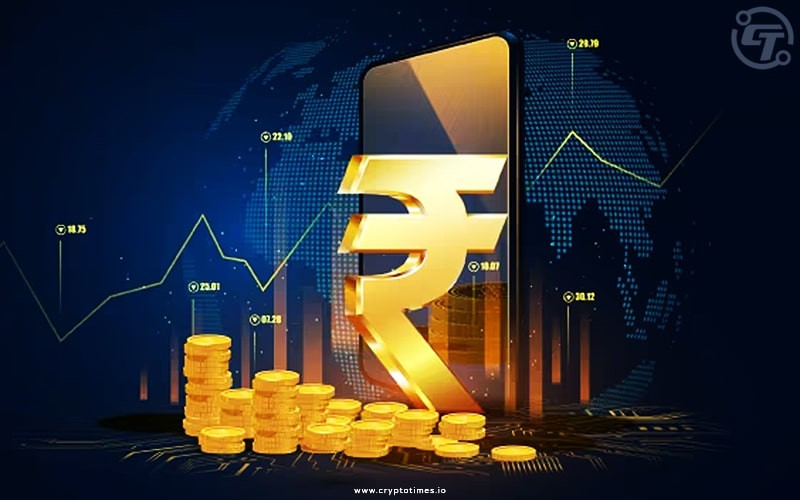Indian banks like HDFC and ICICI are increasing their digital rupee offerings as India moves towards a central bank digital currency. HDFC has launched a Digital Rupee app, while ICICI Bank and Pine Labs are partnering for digital rupee payments
This shift towards digital payments is expected to accelerate the push towards a cashless economy and drive financial inclusion in India.
India’s central bank digital currency (CBDC) project is moving forward with the country’s major banks expanding their digital rupee offerings. In late 2022, the State Bank of India, ICICI Bank, Yes Bank, and IDFC First Bank were the only ones to offer digital rupee wallets to customers in four major cities. The pilot program was later expanded to at least nine banks.
Now, HDFC Bank has launched its own Digital Rupee app, while Pine Labs has partnered with ICICI Bank to enable the acceptance of e-rupee payments on its point-of-sale terminals. The shift towards digital payments is expected to boost the push towards a cashless economy and drive financial inclusion in India.
As the digital rupee continues to gain momentum, it remains to be seen how it will impact the traditional banking system and whether it will eventually become the dominant currency for transactions in India. Nevertheless, this progress in the development and adoption of a CBDC is a significant step for India’s financial sector.
RBI is overseeing CBDC inclusion in the Digital Rupee pilot program, according to Pine Labs CEO. As of Feb. 28, more than 15.8 million Digital Rupee were in circulation.
Moneycontrol has reported that technical glitches and issues with digital transactions are worrying certain customers who are participating in the current trial for retail CBDC. Despite these concerns, individuals such as Nikhil Kamath, the co-founder of Zerodha stock trading portal, have expressed support for the central bank digital currency.
India has recently been making strides in technology and development, in the latest turn of events the Indian State Government Of Uttar Pradesh changed the education syllabus to include AI, Blockchain, and Internet of Things to keep the students ready to face the future.






